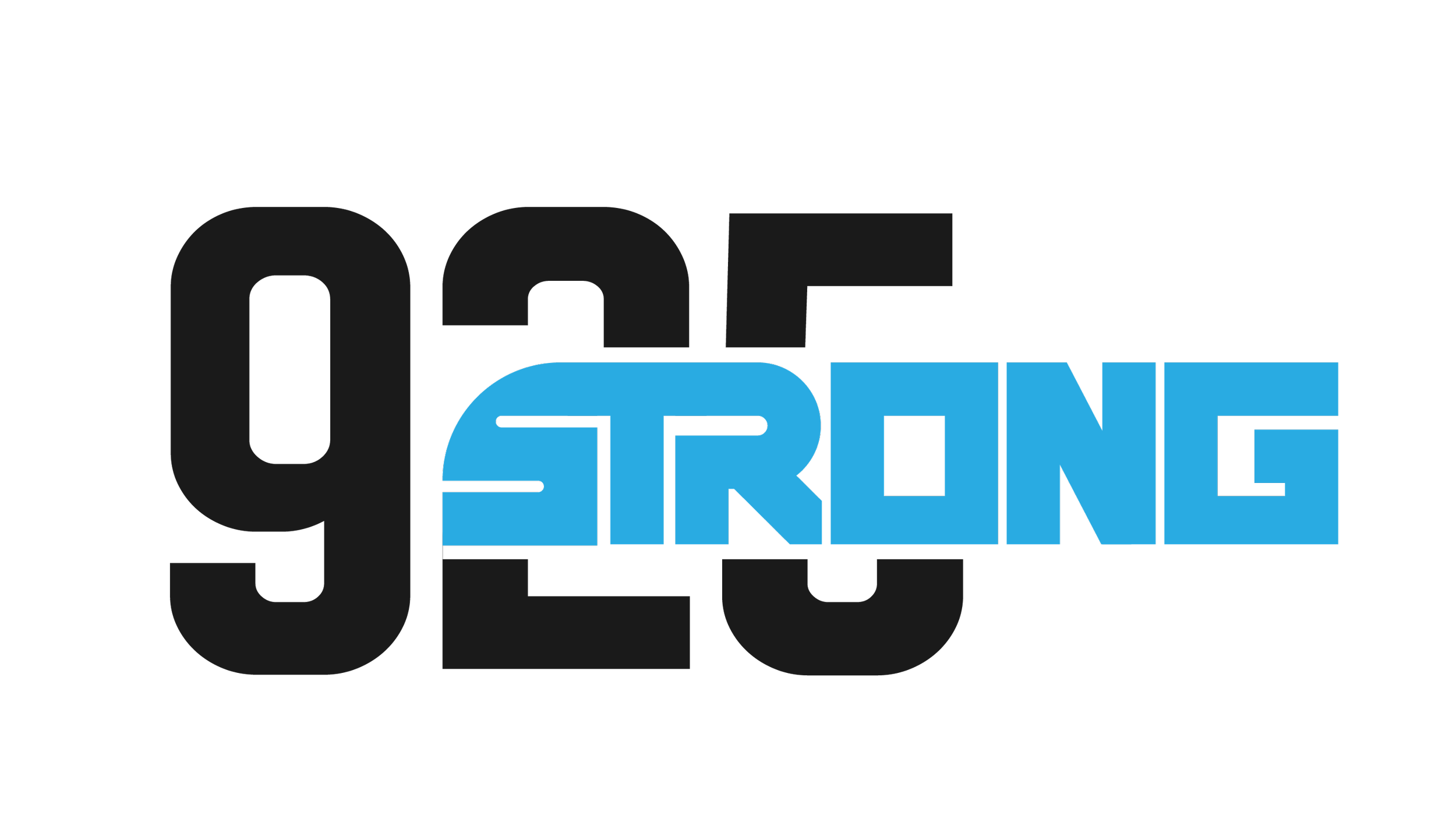Real vs. Synthetic Vitamin C (Part 1)
By Lydia Wallie, Nutrition Director
Did you know that not all “Vitamin C” is the same? Some supplements labeled as Vitamin C are the complete form, while some are just a component of Vitamin C such as ascorbic acid or ascorbate.
Why does this matter? Here is reason #1 to avoid synthetic ascorbic acid labeled as Vitamin C:
Corn and wheat.
“The ultimate raw material for the production of vitamin C (ascorbic acid) is corn or wheat. This is converted via starch to glucose by specialist companies, and then to sorbitol. We produce the pure final products from sorbitol in a series of biotechnical, chemical processing and purification steps.” (1) As you can imagine, since corn and dairy are some of the top allergens, sourcing ascorbic acid from those grains leaves great cause for concern.
Are you ready to replace your synthetic ascorbic acid with real Vitamin C? Check out 14 great sources of Vitamin C here!
Sources:
(1) doi: 10.32474/SCSOAJ.2018.01.000114

